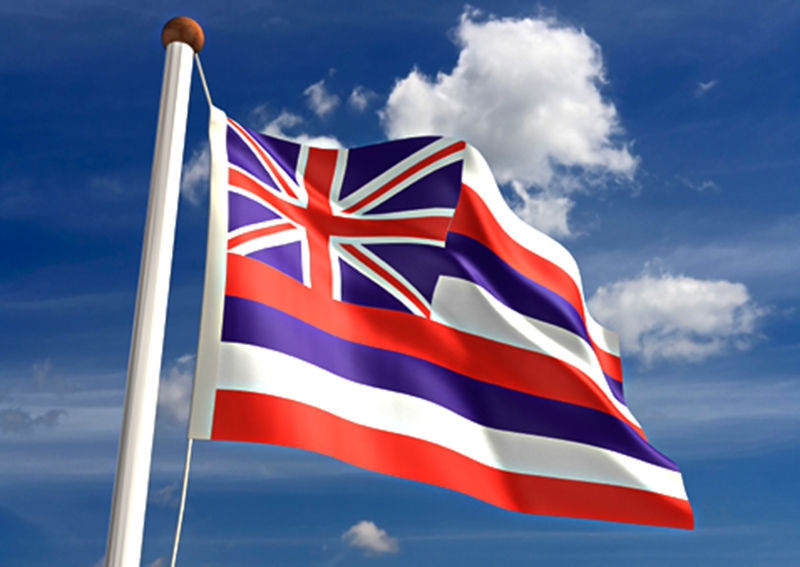LIHUE — Skeptics of the upcoming Nai Aupuni elections sought clarity at Wilcox Elementary School Friday night. “We’re here to learn about this process and then engage in a conversation about what we want,” said Shane Cobb-Adams of Anahola, who
LIHUE — Skeptics of the upcoming Nai Aupuni elections sought clarity at Wilcox Elementary School Friday night.
“We’re here to learn about this process and then engage in a conversation about what we want,” said Shane Cobb-Adams of Anahola, who was moderating the meeting. “We’re here to put a rudder on this canoe.”
Native Hawaiian advocates Walter Ritte, Trish Kehaulani Watson-Sproat and Donovan Preza all had about 15 minutes each to educate their audience about aspects of the process.
Watson-Sproat kicked off the panel discussion with a quote from King Kamehameha III, “He aupuni palapala ko’u,” which means “Mine is an educated kingdom.”
“King Kamehameha III took pride in his kingdom,” Watson-Sproat said. “He was proud that the whole kingdom was literate.”
Watson-Sproat transitioned into an explanation of the private election among Native Hawaiians who can vote for 200 delegates who will write a new constitution at a convention scheduled in Honolulu this winter. This constitution will provide a recipe for a new Hawaiian government. Voting for these delegates closes Nov. 30.
“There’s a lot to learn,” said Ritte, a former candidate who withdrew his name from the election last month. “Come hell or high water, they want to push this thing through and we need to do something.”
Preza, who teaches geography and Hawaiian history at the University of Hawaii at Manoa, outlined three different avenues to sovereignty and explained the history of the legislation to date.
Just before the election opened, Ritte said he believes the process is leading toward a native government that is seeking federal recognition rather than independence.
“As long as you participate, you’re stuck in it,” Ritte said. “Don’t vote.”
Chief Delbert Black Fox Pomani, full-blooded Hunkpapa Lakota from the Crow Creek Reservation, and Kaplan Bunce, a full-blooded Apache from Washington currently living in Kauai, both attended the meeting to lend support for their native brothers and sisters.
“My ancestors fought this battle and we are here to add our blessings,” Pomani said.
After the panel discussion, the audience broke up into groups of 15 or 20 people and discussed their thoughts on how Native Hawaiians should go about finding sovereignty.


